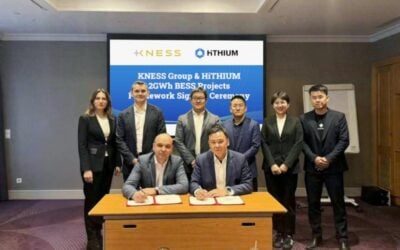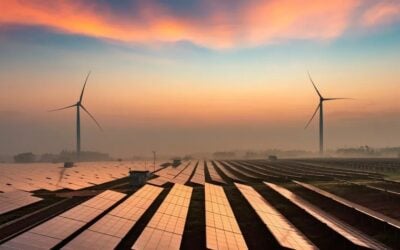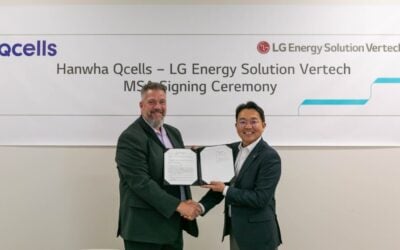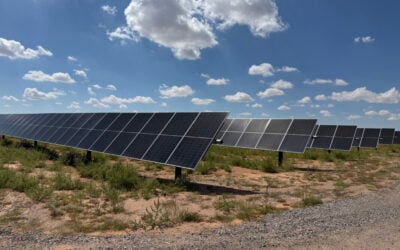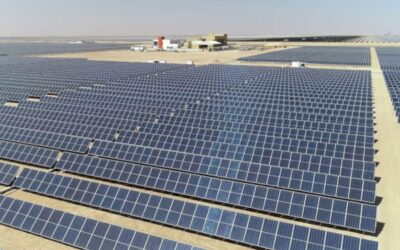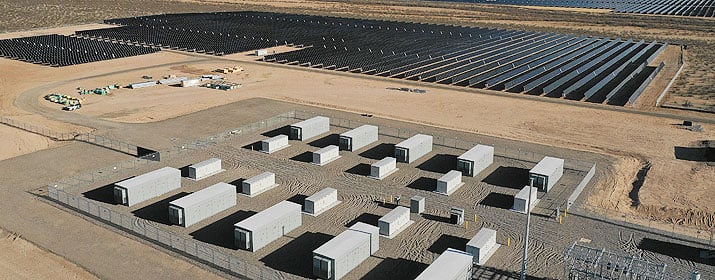
Utility Tucson Electric Power (TEP) will own and operate another 200MW/800MWh battery energy storage system (BESS) project in southeast Tucson, Arizona, US.
TEP aims to commission the Roadrunner Reserve II project in early 2026. It is the successor to its Roadrunner Reserve project, another 200MW/800MWh project that is set to come online in 2025.
The two BESS projects will be the largest in TEP’s portfolio and among the largest in the state, and will help TEP manage supply and demand in the state. They will be built alongside each other next to a TEP substation near Tucson, the capital of Arizona.
“Our new Roadrunner Reserve II system will help us make the most of intermittent resources, especially during the summer when usage is highest and customers are counting on us the most,” said Susan Gray, TEP’s President and CEO. “We need additional energy storage as part of a diverse energy portfolio to support service reliability.”
Try Premium for just $1
- Full premium access for the first month at only $1
- Converts to an annual rate after 30 days unless cancelled
- Cancel anytime during the trial period
Premium Benefits
- Expert industry analysis and interviews
- Digital access to PV Tech Power journal
- Exclusive event discounts
Or get the full Premium subscription right away
Or continue reading this article for free
Both projects will be built by engineering, procurement and construction (EPC) firm DEPCOM using lithium iron phosphate-based (LFP) BESS units. DEPCOM’s VP of energy storage business development discussed its approach to building Roadrunner Reserve in an interview with Energy-Storage.news recently (Premium access), including combining EPC with operations and maintenance (O&M).
TEP, a utility operating solely in Arizona, has 50MW of operational BESS today, including the 30MW unit at the Wilmot Energy System, pictured above.
The Roadrunner Reserve projects, which will quintuple that capacity, are in line with the utility’s 2023 Integrated Resource Plan (IRP), part of its roadmap to achieving net zero direct greenhouse gas (GHG) emissions by 2050.
It will also procure the power from the Winchester Solar project, which combines 80MW of solar and an 80MW BESS, from developer-operator Torch Clean Energy when it comes online in 2027.
Roadrunner Reserve II was selected through the utility’s 2024 all-source request for proposals (ASRFP) process, which sought 825MW of ‘firm capacity’ alongside 625MW of renewables. TEP and sister firm UniSource Energy Services are evaluating other proposals submitted for the ASRFP.
Utilities are driving the grid-scale BESS market in Arizona, either by building the projects themselves, like TEP, or procuring their power under long-term tolling agreements. Salt River Project (SRP) and Arizona Public Service (APS) recently secured power via tolls from 1,000MWh and 600MWh BESS projects, respectively. California-based utilities are doing the same for projects across the state line, including PG&E.

